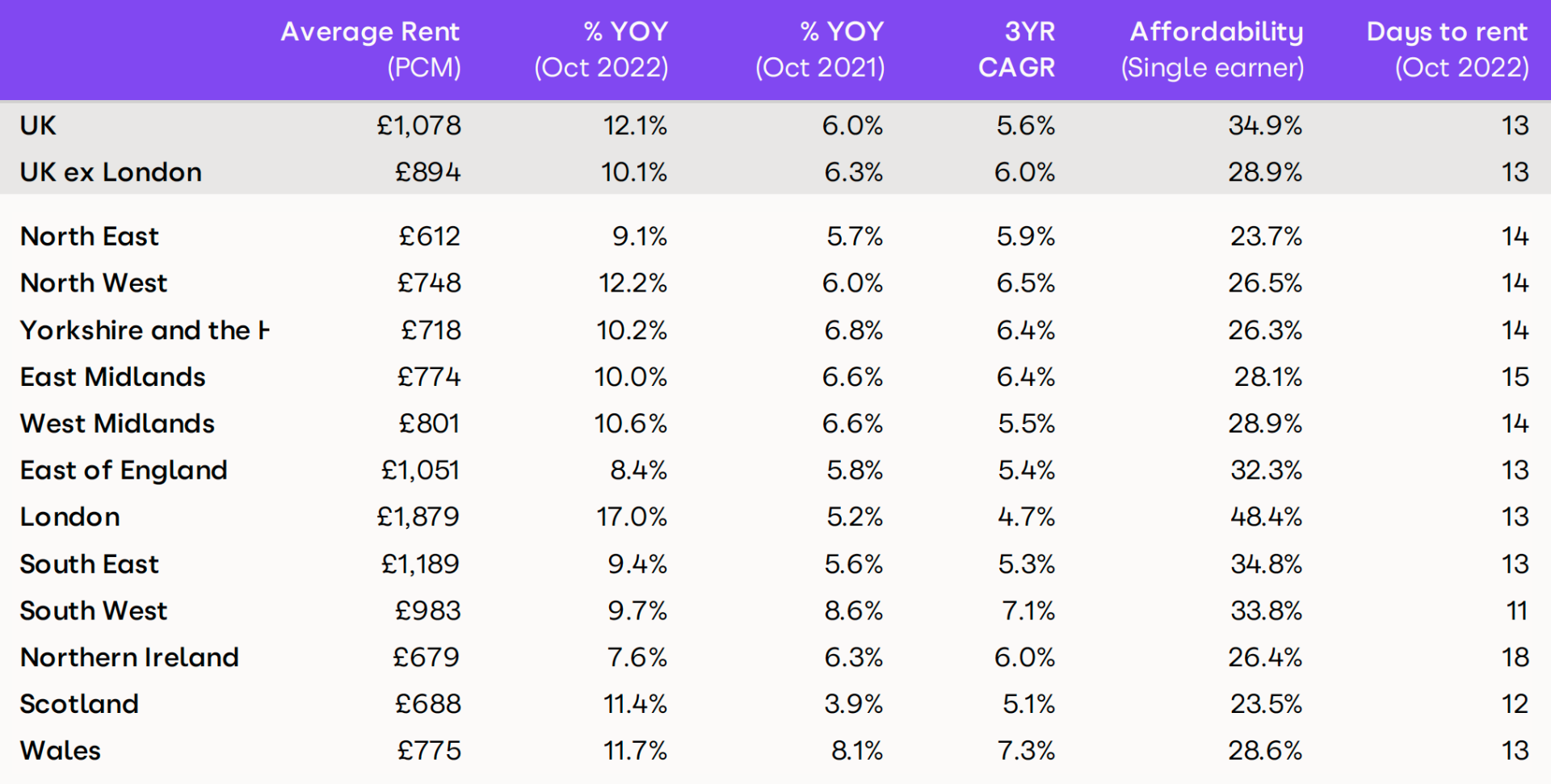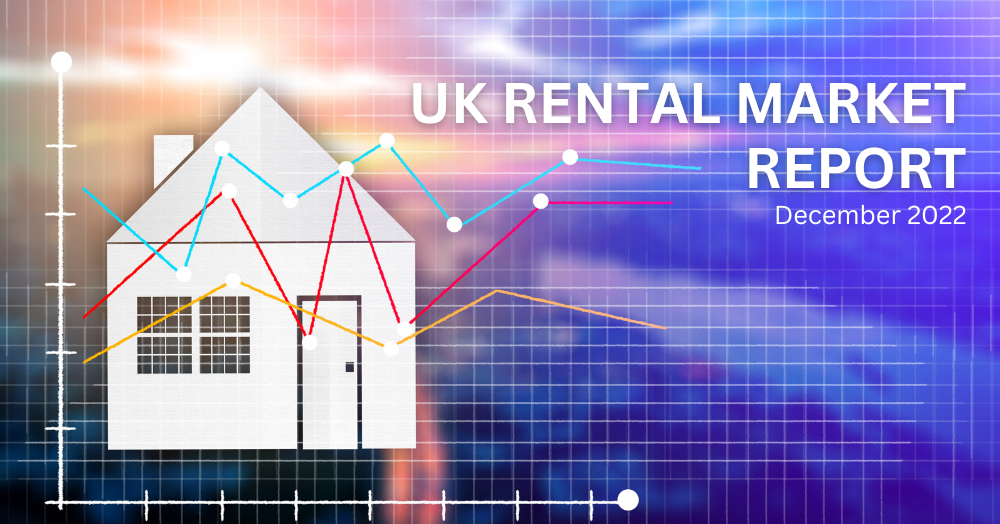This quarter we provide the key insights provided by Zoopla. None of the information will be a surprise to those landlords keeping a close eye on the rental market.
The rental market continues to face a significant imbalance between supply and demand. Demand-side pressures are being exacerbated by rising mortgage rates limiting access to homeownership for first-time buyers. Rental enquiries per estate agency branch are 46%
above the 5-year average.
Rental Inflation
Rising demand and a lack of supply mean rents are increasing quickly, up 12.1% over the last 12 months to October 2022. This is an increase of £117 per month or £1,400 a year. The underlying data shows no sign of any immediate slowdown, with rental inflation in the 3 months to October 2022 (3.6%) being the highest quarterly gain since December 2021.
It is important to draw a distinction between rental inflation for new lettings i.e. when the property becomes vacant and its rent is adjusted in line with the market, and rental inflation for all private rented homes. 1 in 4 renters move home each year and this group will experience rental inflation in line with new lettings.
For the 75% of renters that do not move each year, rental increases are much lower at 3.8% in the year to October 2022¹ - slower than the growth in average earnings.
There has been a modest increase in rental supply in recent weeks as the sales market weakens. The average number of homes for rent per estate agency branch is 10, up from a low of 7 at the end of September. However, the stock of homes for rent remains 38% below
the 5-year average and 4% below November 2021.
The key question is: ‘When will rental inflation start to slow to more sustainable levels?’ The current momentum in rental levels is a growing concern for all private renters, especially those on low incomes, as it exacerbates cost-of-living pressures. Rental inflation will only slow if demand weakens or supply increases significantly, or if we see a combination of the two.
The quickest way to slow rental inflation is to boost rental supply. Unfortunately, we do not expect any major improvement over the next 12 months. The private rented sector has a structural supply problem stemming from economic and policy factors. The stock of homes for rent has not grown in size since 2016.
¹ ONS Index of Private Housing Rental Prices, October 2022
What’s happening in the North West
The average rent has increased by 12.2% (October 2022 year on year) to £748*. That is the highest in the UK excluding London. The average time to let remains at 14 days.

Outlook
The quickest way to slow rental inflation is to boost rental supply. Unfortunately, we do not expect any major improvement over the next 12 months. The private rented sector has a structural supply problem stemming from economic and policy factors. The stock of homes for rent has not grown in size since 2016
Policymakers need to better understand the rental market as well as the forces and factors shaping the overall availability of supply. The demand for rented homes is only going to rise in the medium term, so it's important we encourage more supply from all forms of landlords, whether private individuals or large corporates. It is important that policymakers encourage good landlords of all types and sizes to stay in the market and deliver much-needed supply. Only by increasing investment in the private rented sector can we ease the affordability pressures on renters in the medium term and make for a more sustainable rental market.
Source: Zoopla


 By
By
Share this with
Email
Facebook
Messenger
Twitter
Pinterest
LinkedIn
Copy this link